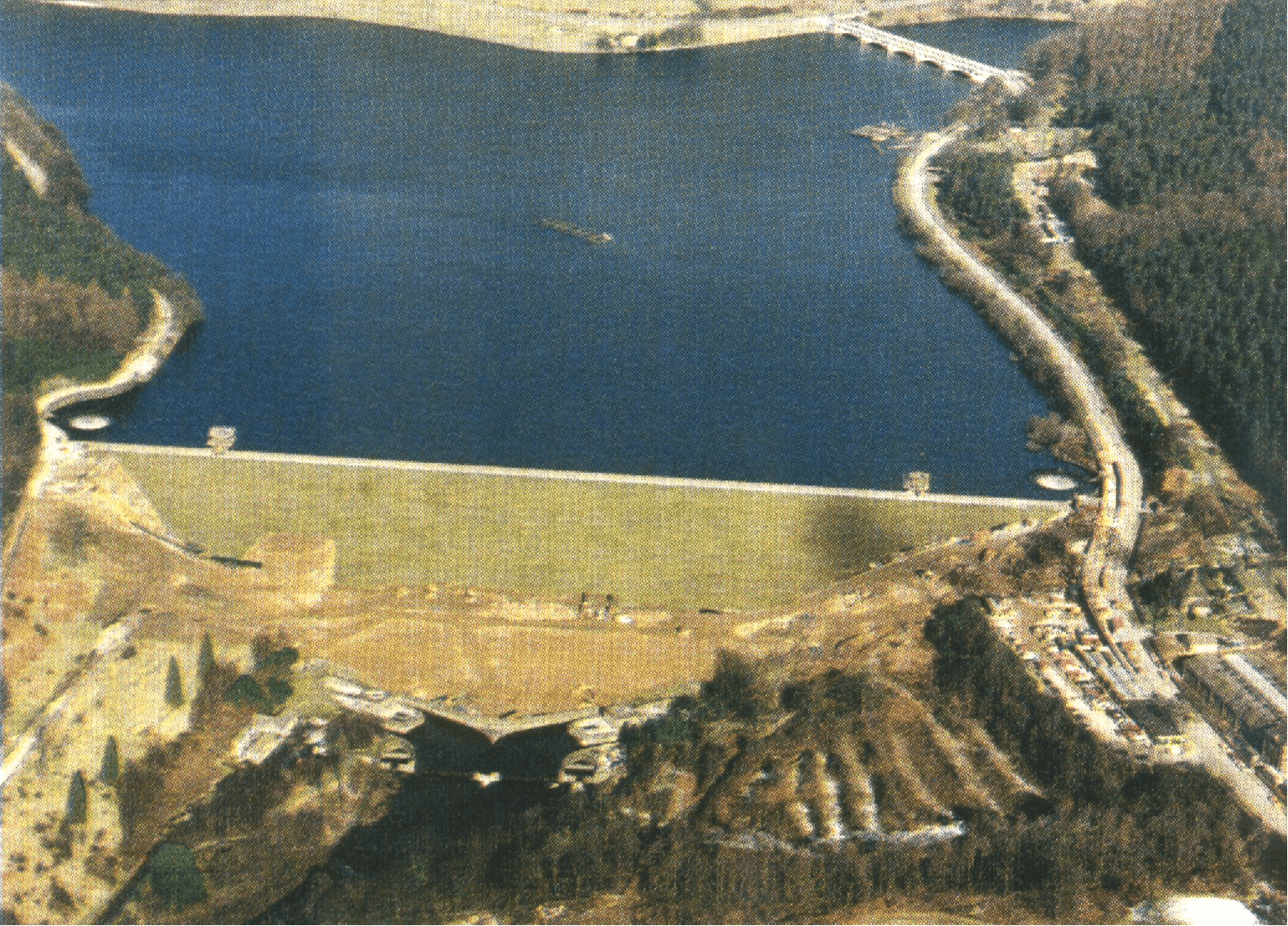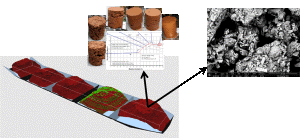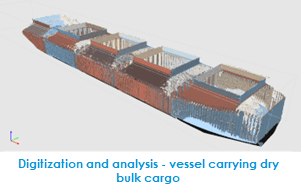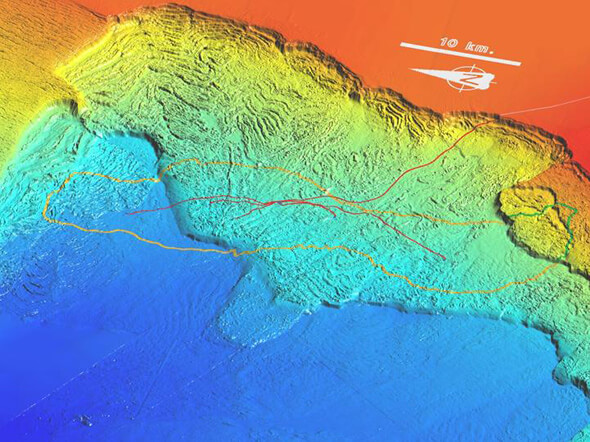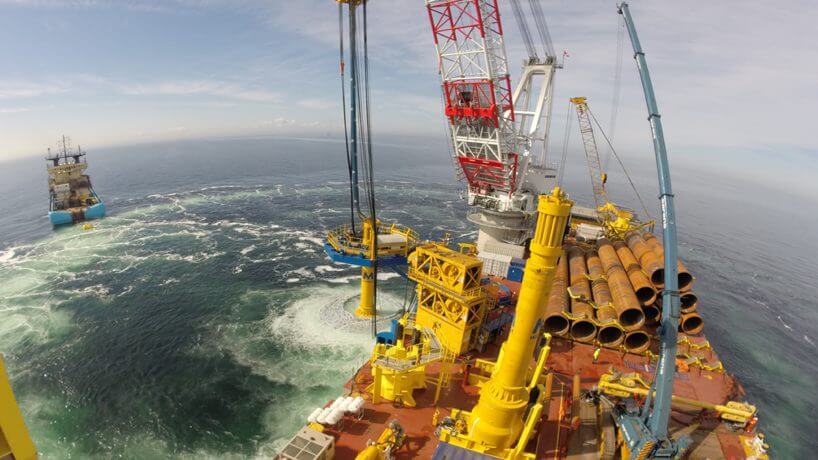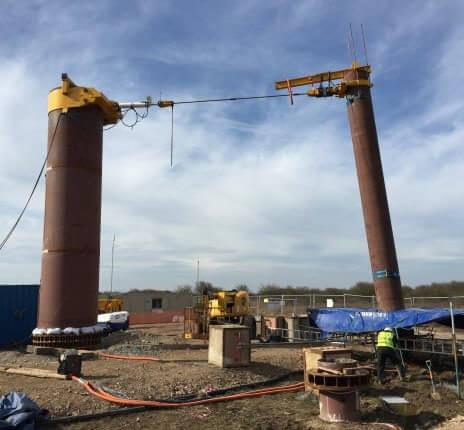
GCG were engaged to support the work of the AWG, working in particular with the Imperial College team in meeting the technical challenge of performing a large number of 3D finite element (FE) modelling, to inform the design of the test piles and field testing programmes at the clay and sand dominated on-shore test sites. Further 3D FE analyses were then performed, modelling full scale monopiles in comparable ground conditions, the results of which were used for the development of the new design approach. Moreover, GCG participated in AWG meetings where all parts of the project were discussed, including all aspects of the pile testing programme, including site investigation and monitoring, as well as the development of the new design methodology.
Location


